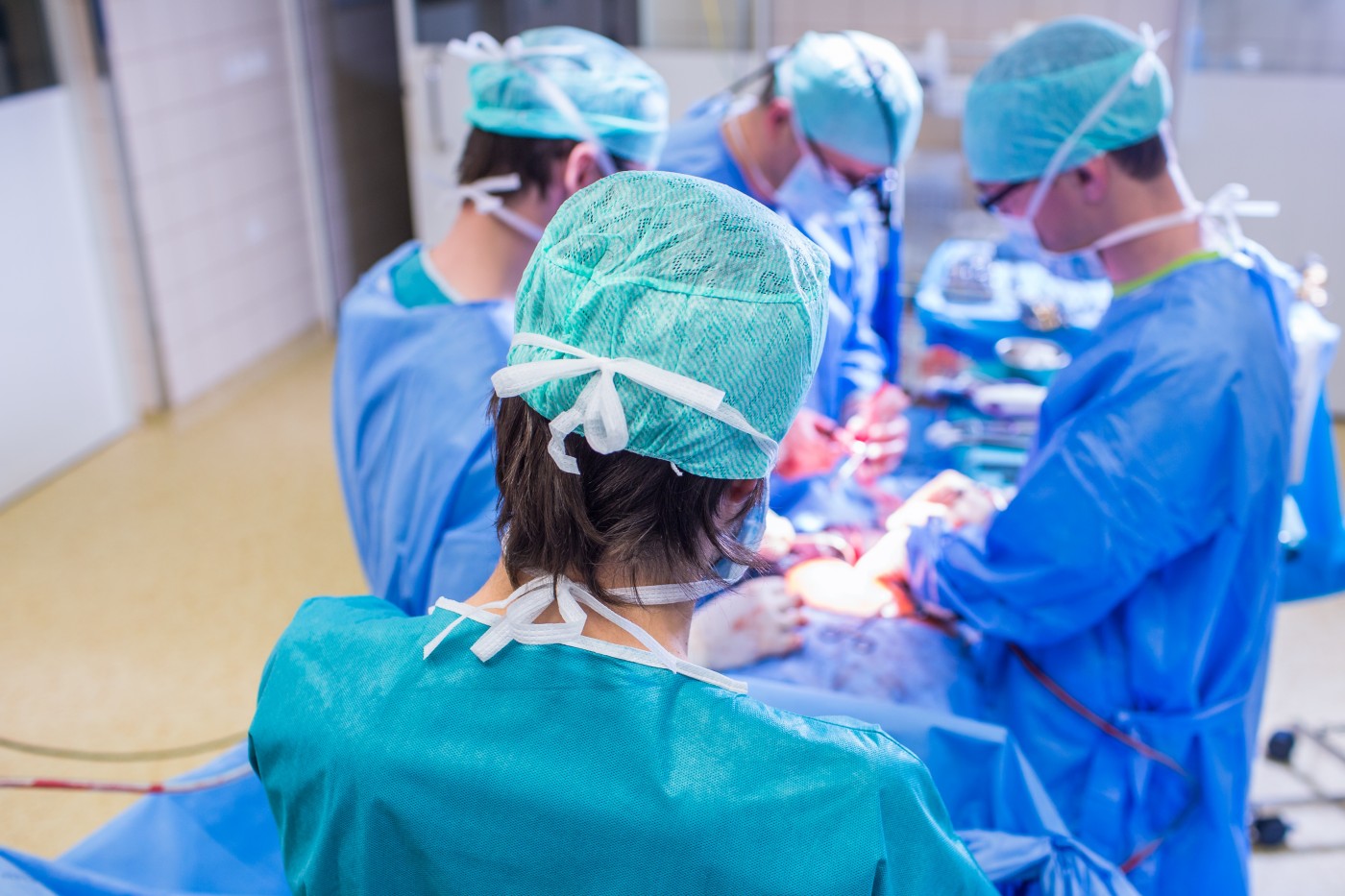NeuroVive Pharmaceutical AB recently announced the enrollment of its first patient in a clinical phase II trial that will evaluate the potential of CicloMulsion® (ciclosporin) to reduce the risk and degree of acute kidney injury after cardiac surgery.
To enable surgical procedures like heart valve repair or implantation of coronary artery bypass grafts, the heart is frequently connected to a heart-lung machine during cardiac surgery. This heart-lung machine oxygenates and pumps blood throughout the body while the heart is disconnected, forming an altered blood flow and distressing the whole body. Acute kidney injury (AKI) is a common complication after cardiac surgery and is associated with decreased long-term survival. The mechanism behind this condition is unknown but ischaemia-reperfusion injury is thought to play an important role.
Administration of ciclosporin in conjunction with percutaneous coronary intervention (PCI) during heart surgery and traumatic brain injury (TBI) in humans has shown to be safe with no direct side-effects. As such, the preconditioning effect of ciclosporin before coronary artery bypass grafting (CABG) might reduce the level of renal dysfunction after this type of cardiac surgery.
The new clinical study, named Ciclosporin to Protect Renal function In Cardiac Surgery (CiPRICS), and conducted in Skåne University Hospital, is a Phase II randomized, double-blind, placebo-controlled trial that will enroll a total of 150 patients from the department of Cardiothoracic Surgery at Skåne University Hospital in Lund.
Patients will either receive CicloMulsion or a placebo before coronary bypass operation to assess if pre-treatment with a drug that protects a patient’s mitochondria can protect their kidneys from injury and avert the compromised renal function that can occur from altered blood supply during cardiac surgery. The study will also analyze other markers, including cardiac injury markers.
“It is inspiring that we now have initiated the study following extensive preparations. This is an important study that can contribute to improve the health of our patients. The collaboration between the clinic, the hospital’s research and development team and NeuroVive has been very successful,” Henrik Bjursten, Associate Professor and Senior Consultant at Skåne University Hospital and the principle investigator responsible for the study, commented in recent news release.
“There is a clear link between acute kidney injury during cardiac surgery and later medical conditions and death. This means that there’s an urgent need to try to prevent this kind of injury. In pre-clinical trials, the stabilizing effect of cyclophilin inhibitors on mitochondria has been shown to protect a number of different organs against injury resulting from insufficient blood flow. The problem often relates to the timely administration of the drug. In this respect, acute kidney injury during cardiac surgery presents a relatively unique scenario, as the procedure makes it possible to protect the kidneys and other organs before the altered blood flow occurs. This means that we have the ability to potentially protect organs also against the initial injury, not only against reperfusion injury,” added Magnus Hansson, Senior Scientist at NeuroVive.
More information about this clinical trial can be found in ClinicalTrials.gov at: https://clinicaltrials.gov/ct2/show/NCT02397213


